Could Urban Algae Farms Clean Up Our Air?
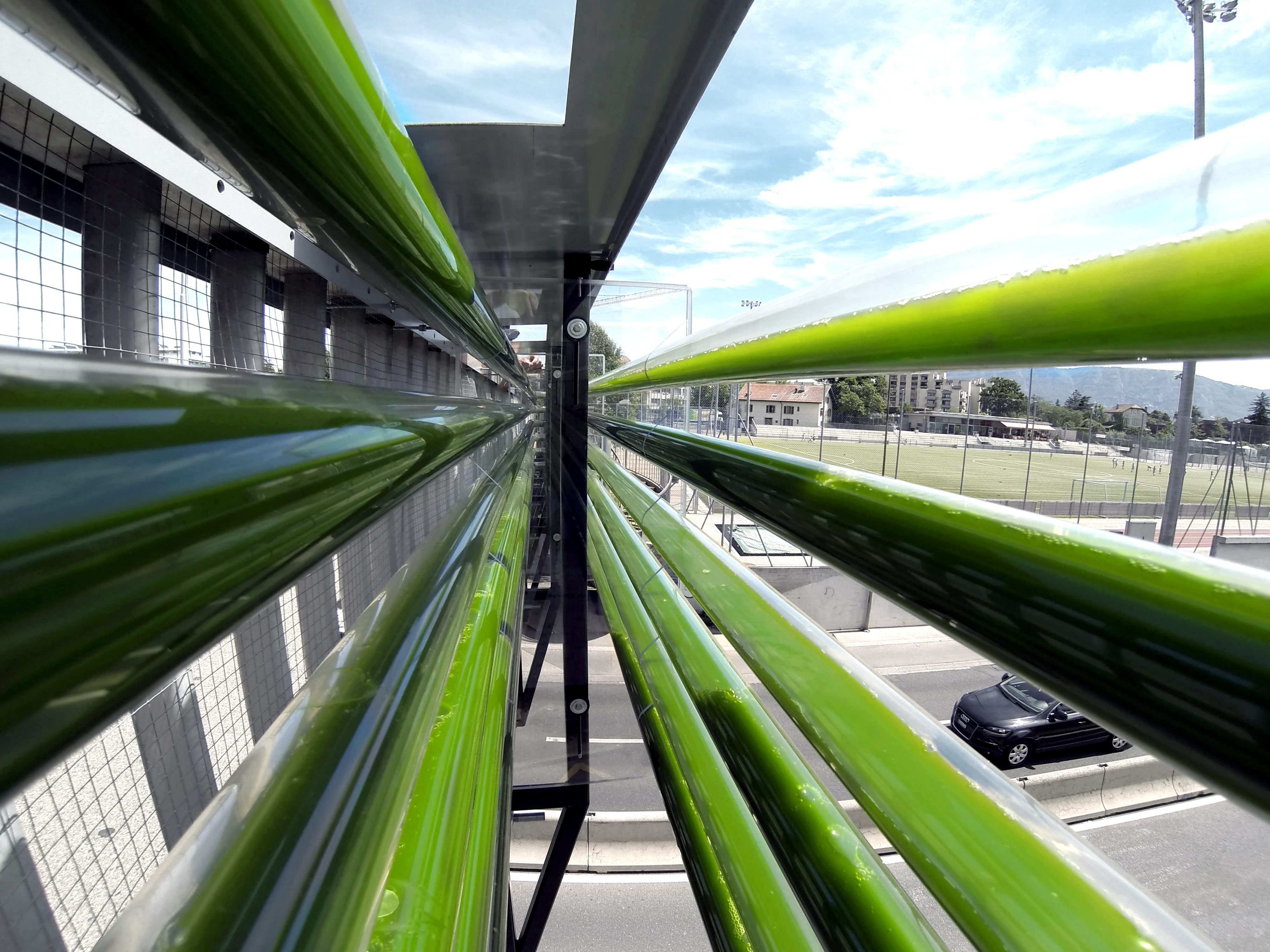 All images via O. Arandel and the Cloud Collective
All images via O. Arandel and the Cloud Collective
On an overpass above a densely trafficked highway in Geneva, Switzerland, international design group Cloud Collective set up a fascinating urban experiment this summer: Culture Urbaine Genève. Using a series of pumps and transparent tubes, they built a photobioreactor to cultivate algae from a combination of sunlight and CO2. The algae filters the air as it grows, and once it matures can be used as a raw material to make things like green energy, medication, cosmetics, or even food.

According to the Cloud Collective, their goals for the project were “food production in an urban environment, the conservation of green space, and the reinterpretation of existing infrastructures.” The project demonstrates the potential of even the most blighted city spaces to contribute to a greener world and shows a possible future for urban farming, even hinting at the possibility of turning exhaust into fuel for new cars. Watch a video of the system in action here.
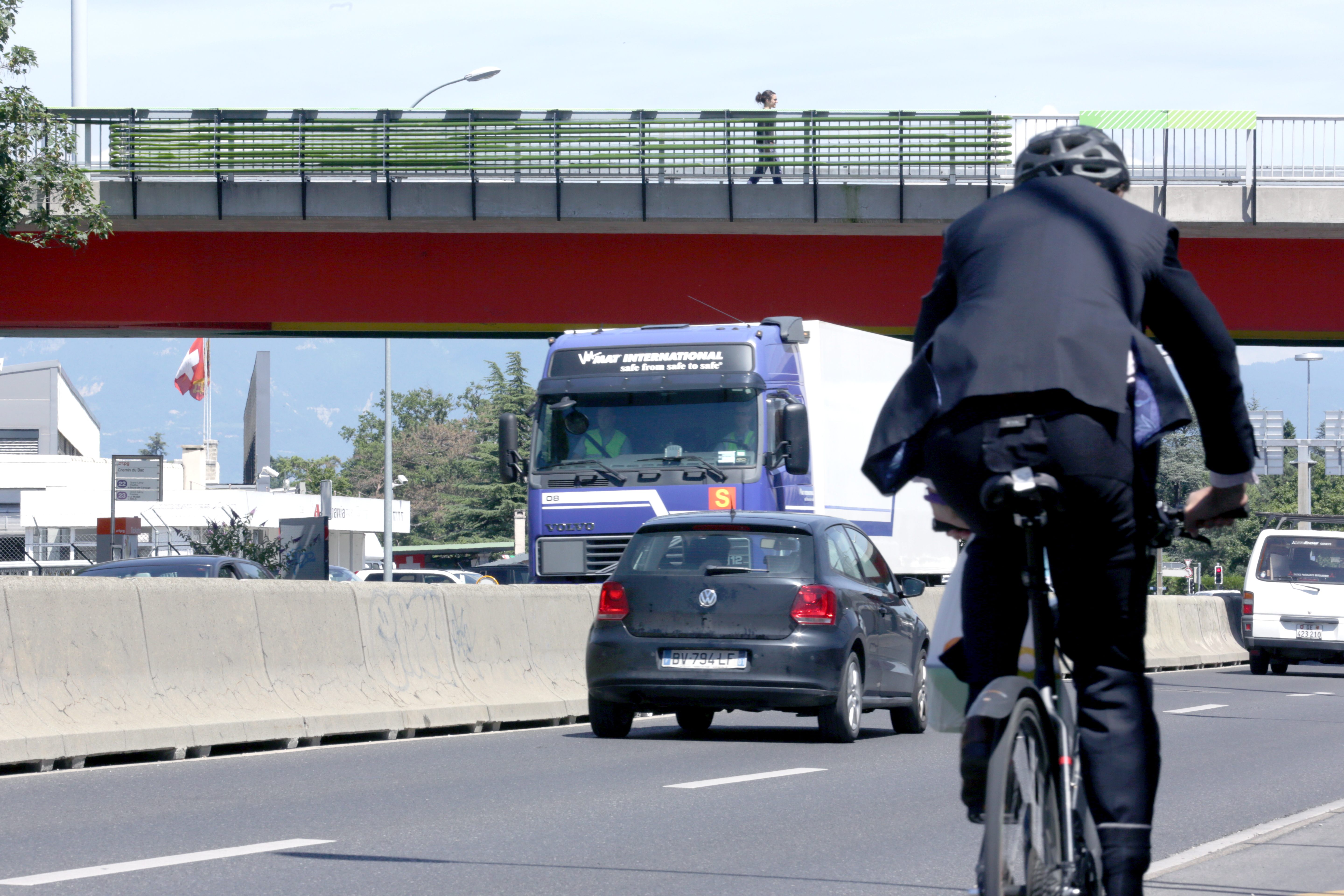
In addition to solar panels, pipes, and other necessary equipment, the installation featured diagrams and panels to explain the system to passersby. Joris Lipsch of the Cloud Collective said in an email that the public reaction to the installation was very positive: “The day we took the installation down, we got quite a lot of remarks from people that it was a shame it had to go.”
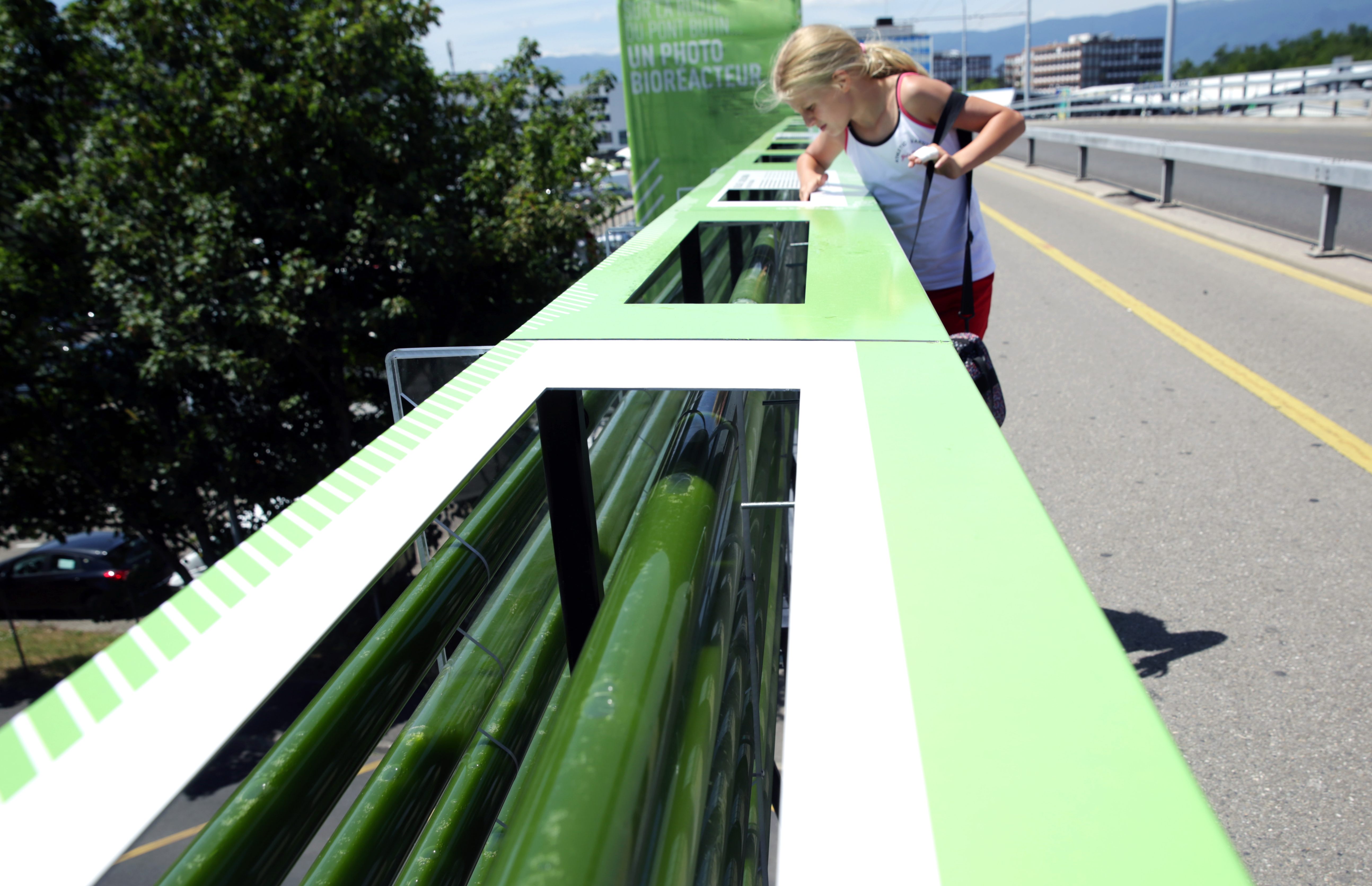
The algae farm was part of Geneva’s Villes et Champs festival, an outdoor exhibition that “questions models of coexistence between the city and the countryside.” Thirteen garden projects were built for the festival; others included Champ de bière, a “microbrewery in a meadow, and” Jardin digestif, a picnic area whose centerpiece is composting toilets that send nutrients back into the garden. The Culture Urbaine Genève was a “proof of concept,” active from June to October 2014. Although several cities have expressed interest in a permanent urban algae farm, there are as yet no concrete plans to put one into practice.
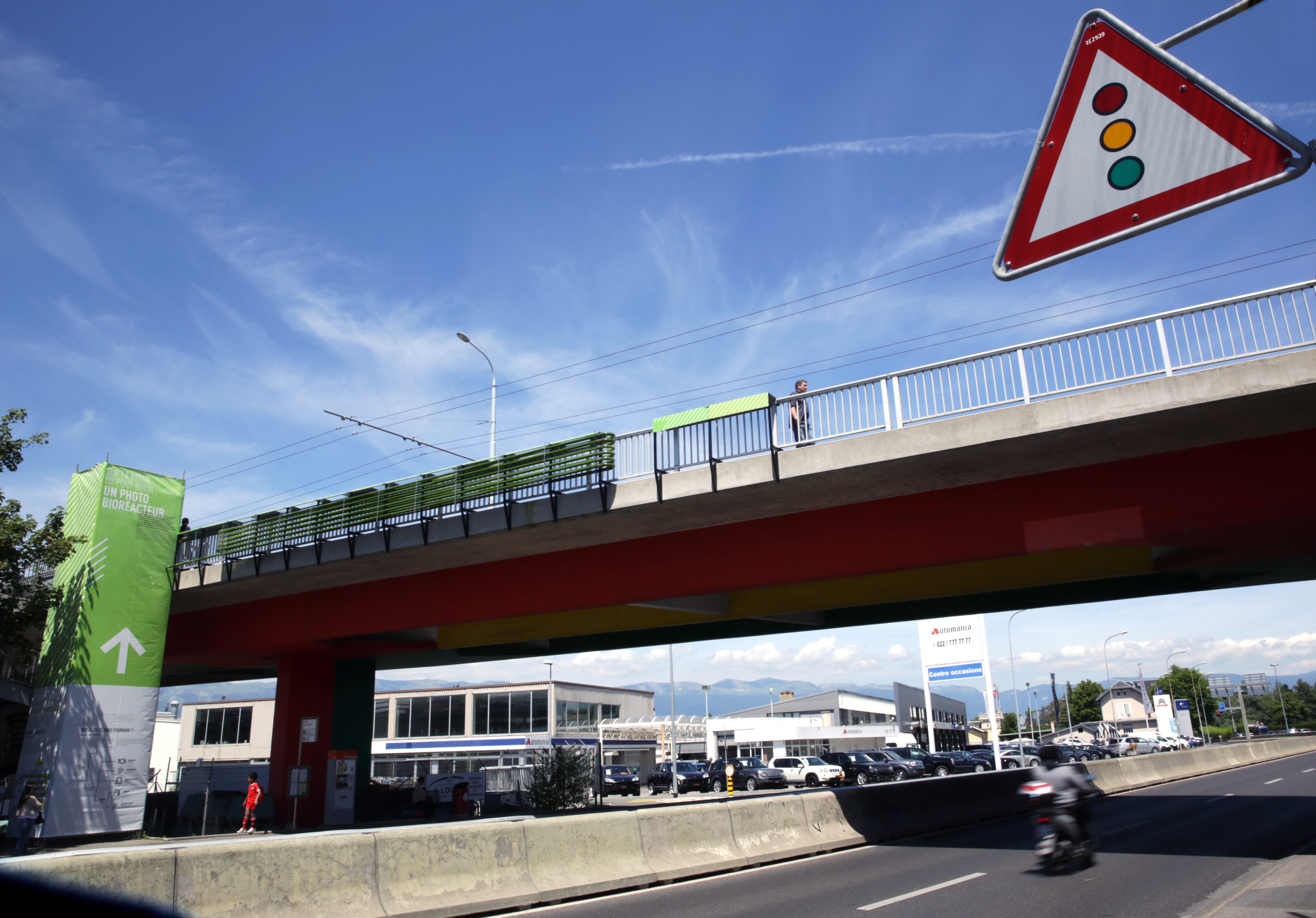


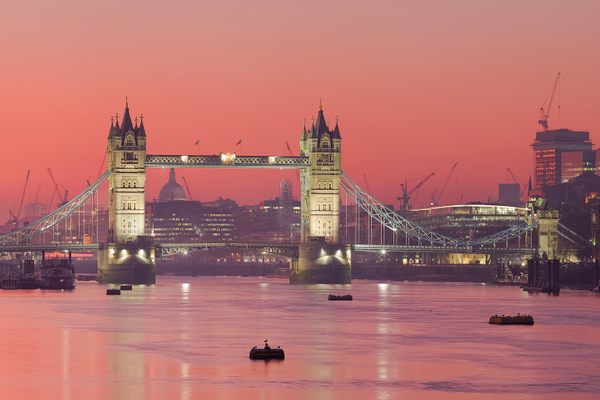
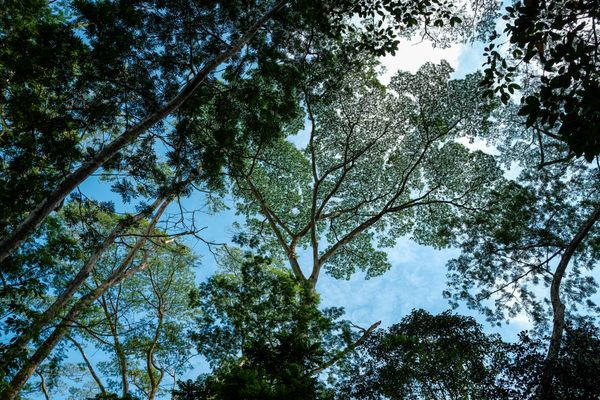













Follow us on Twitter to get the latest on the world's hidden wonders.
Like us on Facebook to get the latest on the world's hidden wonders.
Follow us on Twitter Like us on Facebook